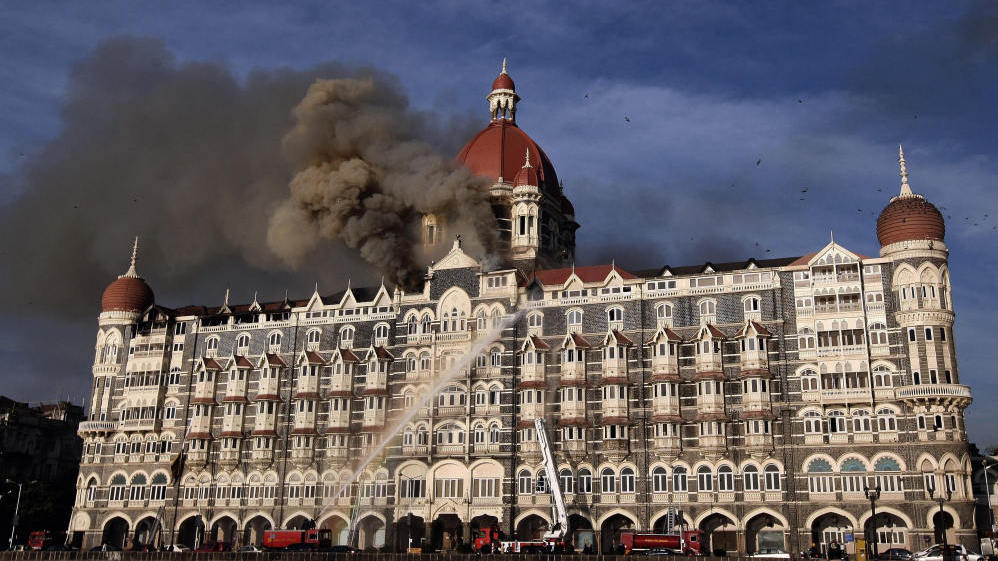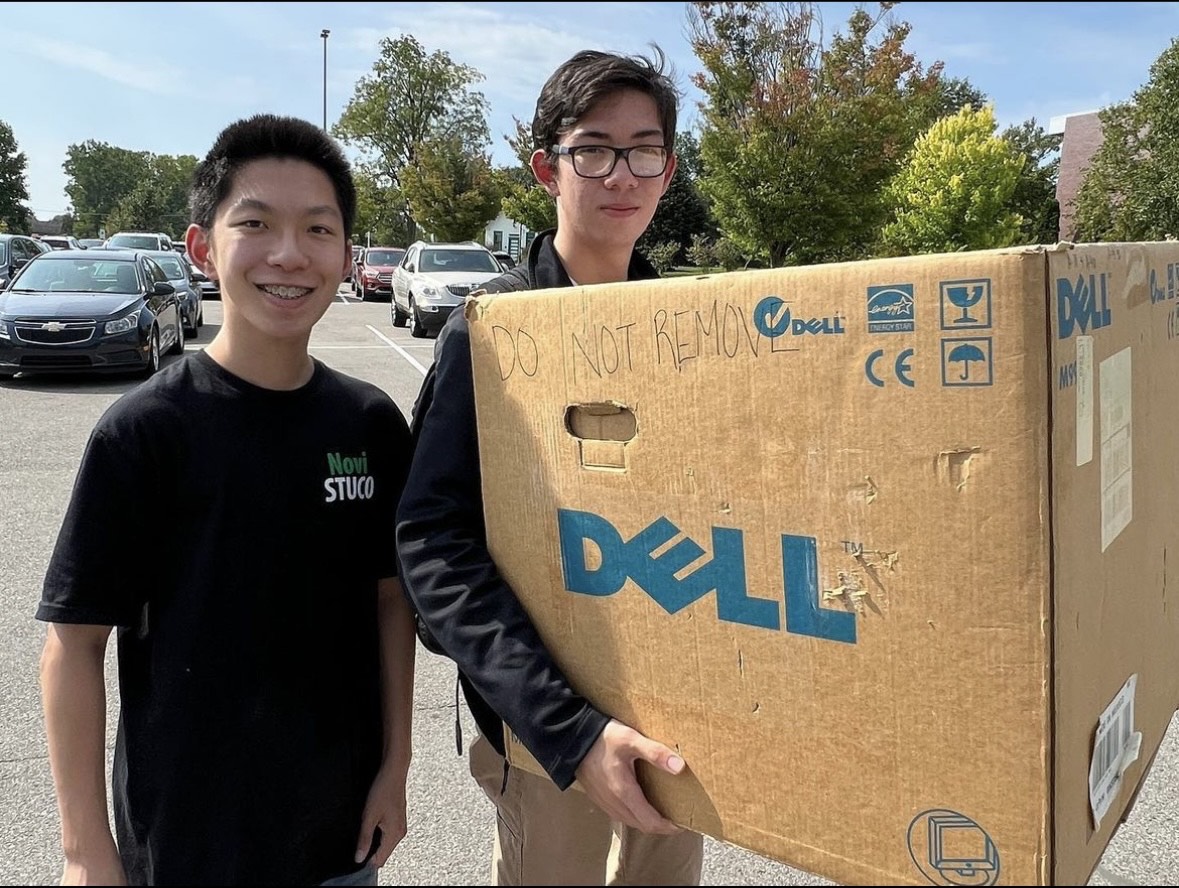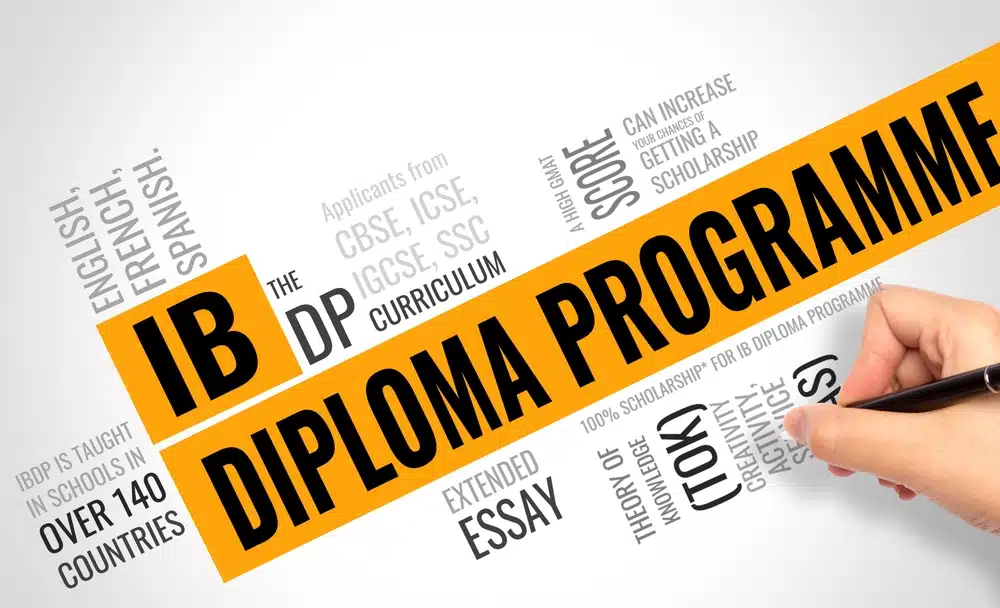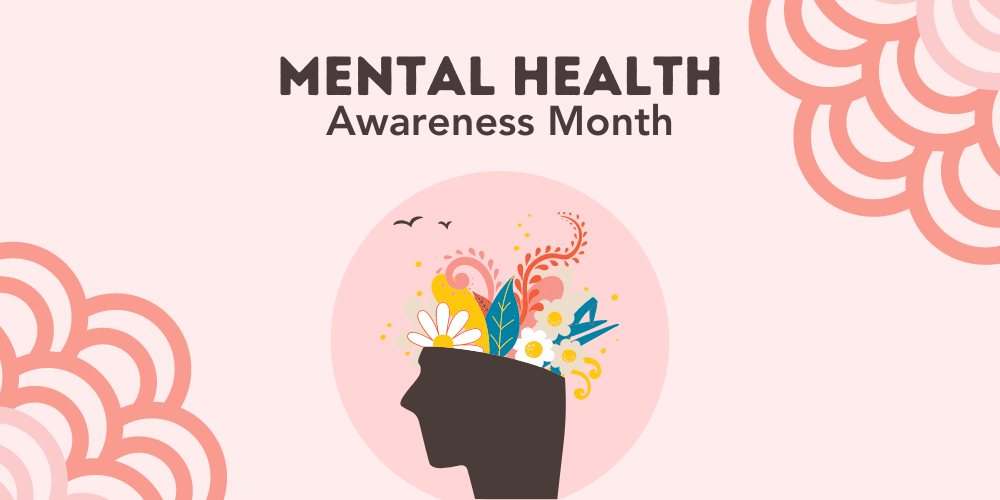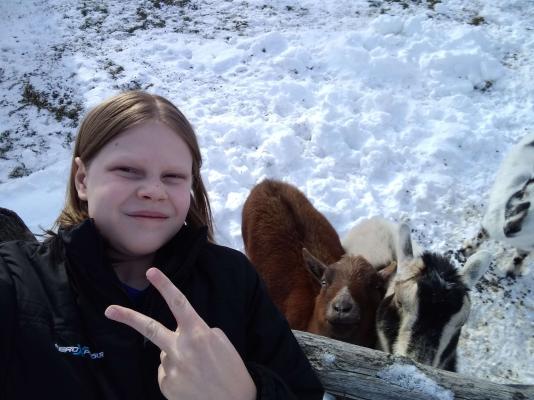Indian Constitution Day takes place every year on November 26, celebrating the day the Indian Constitution was established in 1949. Nationwide festivities, including parties in which the preamble is read, occur on this day in India, and some celebrations occur amongst Indian communities across America. The holiday is a commemorative reminder of the day India gained independence from the British, and marks a massive moment in the country’s history.
In 2015, the 125th birth year of B.R. Ambedkar, known as the father of the Indian Constitution, was celebrated with year-wide festivities and celebrations. This year, the preamble to the Indian Constitution was read aloud by government officials and state judges, including Narendra Modi, India’s Prime Minister.
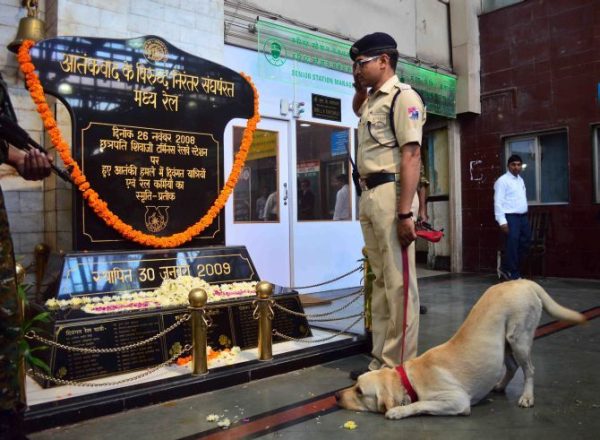
However, with the holiday also comes tragedy. On this day in 2008, a series of terror attacks began throughout Mumbai, India, and lasted three days. It started as a group of heavily armed gunmen docked at a harbor in Mumbai, killed several yard workers, and scattered to numerous locations around the city. Using rifles and explosives, they attacked the Chhatrapati Shivaji Railway Terminus, where they killed 58 people and injured more than 100, before moving to Cama Hospital, where they continued their rampages, killing four. As a gunfight with police ensued, another group attacked Mumbai’s iconic Taj Mahal Palace Hotel, a 120-year-old official Heritage Site of India. As the siege began, multiple taxis rigged with bombs exploded in several locations, causing further casualties, and a barrage of gunfire was unleashed on the Leopold Cafe, where 10 people were killed and many wounded. Two more groups of terrorists took hostages, detonated grenades, and lit fires at the Oberoi Trident Hotel and Nariman House.
Sophomore William Li spoke about the holiday, and the attacks. “I think it’s pretty important and significant to recognize, because the day the constitution was established, many new laws were created and without them, India wouldn’t be as safe,” Li said . “We need to study the attacks, maybe just briefly, like knowing the weaknesses and how they came to be, like the intelligence and the security issues to prevent things like this from happening in the future, even though there were those brave soldiers who prevented further damage.”

With three hostage crises unfolding, the police and military carried out a massive siege on each of the three landmarks. Mumbai armed services and rescuers, after a days-long hostage crisis, raided and secured the Trident Hotel, where 30 people were killed. Five hours later, they secured Nariman House, where seven people were killed. The siege at the Taj Hotel lasted more than a day longer before military forces finally secured the building as it burned into the night. In total, the attacks ended up killing 175 people and injuring more than 300.
Arts and Activities Coordinator Daniel Tobis gave his thoughts on whether or not the attacks had a global impact. “I’m sure it’s important for that region, similar to how the Detroit riots of the late 60s are important here. I wouldn’t expect people in India to study the Detroit riots. I feel that it’s ok for certain things to be regional and not global,” Tobis said. “Once we start celebrating all regional events as global events, how do we pick and choose what gets celebrated and what gets left off?”
The community of Mumbai still feels the effects of these attacks every day. But even through all the devastation of that day, the community persevered. Just like the 9/11 attacks in the United States, the attacks in Mumbai were a turning point in the country’s history. The fear, sadness, heroism, and bravery displayed on that day should never be forgotten.
